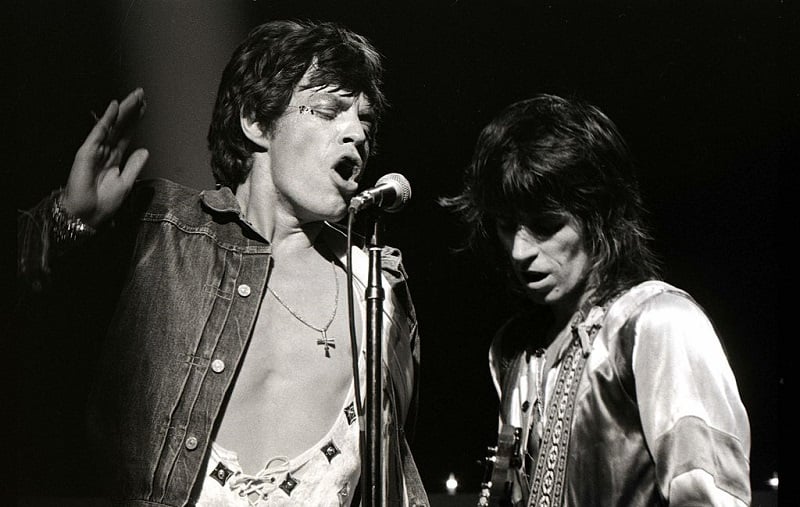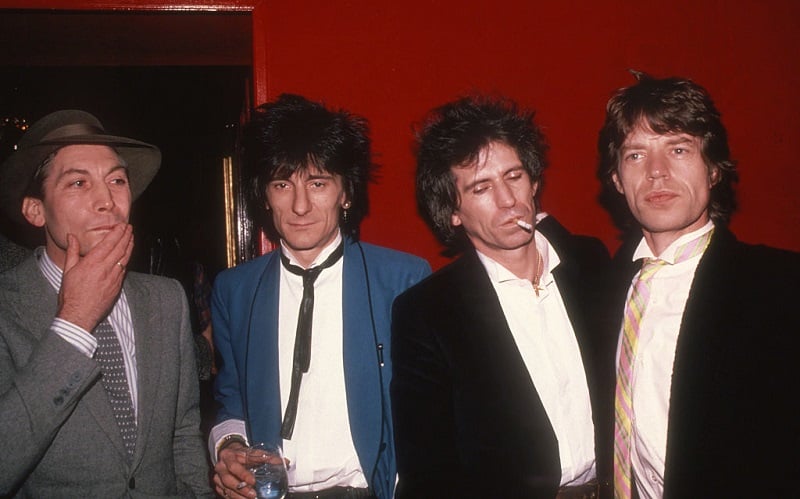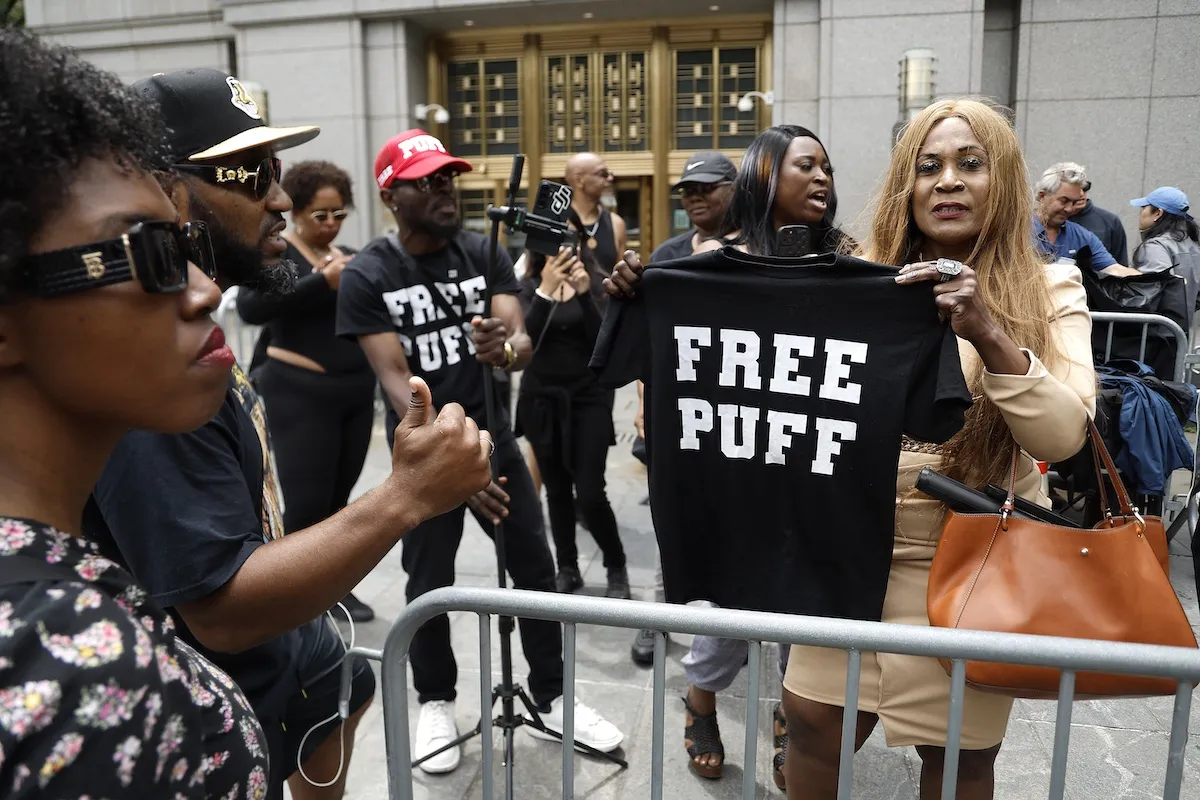The Closest The Rolling Stones Came to Breaking Up
It’s hard to imagine a band with the success and longevity of The Rolling Stones. Start with their 38 top-10 albums (including nine that hit No. 1) on the Billboard charts. Most bands fall apart before they record a fraction of that. Finding success every time (as the Stones have) is unthinkable.
Meanwhile, the Stones have never been content to simply record the album and go back to the comfort of their luxurious homes. The band has almost never stopped touring since they got together and started playing shows in the early ’60s.
That road schedule set up Mick Jagger, Keith Richards, and the rest of the band up for failure in every decade. Somehow, even with the over-familiarity and various feuds of the Glimmer Twins, they kept showing up at the recording studio and on stage (usually) to get the job done.
But it wasn’t always pretty. Probably the closest the band came to breaking up — other than a nasty spat earlier this decade — was a point in the ’80s when Mick was touring alone and didn’t seem to care whether the Stones’ dream ended then and there.
By 1987, Mick thought a Stones breakup would be fine — possibly a good thing.

The one gap in the endless Rolling Stones touring history came between 1982-89. In those years, you had Charlie Watts fighting off a heroin addiction, Mick embarrassing himself on a global scale with “Dancing in the Streets,” and Keith sulking because the band wasn’t working together.
By ’87, with Mick going on a tour alone to support his solo album, the Stones looked set to collapse once and for all — and Mick said he couldn’t care less about it. In an interview with Q’s Tom Hibbert, he laughed at the idea that the band’s breakup should matter.
“It’s ridiculous,” he said. “No-one should care if the Rolling Stones have broken up, should they? I mean, when the Beatles broke up I couldn’t give a sh*t. Thought it was a very good idea … with me people seem to demand that I keep their youthful memories intact in a glass case specifically preserved for them.”
With those comments, Mick sounded a lot like John Lennon speaking about how he moved on after The Beatles parted ways. Mick actually saw the end before him. But it didn’t happen.
‘Steel Wheels’ brought the band back together before Bill Wyman’s departure.

The Stones haven’t gone without changing personnel at various points along the way. Brian Jones (fired and died in ’69), Ian Stewart (died in ’84), and Bill Wyman (quit in ’93) represent the main departures over the years. But the Mick-Keith-Charlie nucleus has held strong since 1962.
In Wyman’s case, the original Stones bass player checked out at the close of the Steel Wheels tour that brought the band back together in ’89. Everyone managed to regroup to put out another hit album and enjoy getting inducted into the Rock and Roll Hall of Fame that same year.
From that point on, the band seemed to agree that keeping the business going was worth it. Whatever disputes Keith, Mick, and the others were having, they’ve set them aside to record and go back on tour. (Following Mick’s heart surgery, they’re doing so again in 2019.)
Obviously, no one in the band has needed money in a long time. But they need to keep the Stones alive, and they’ve done just that for close to 60 years.
Check out The Cheat Sheet on Facebook!


